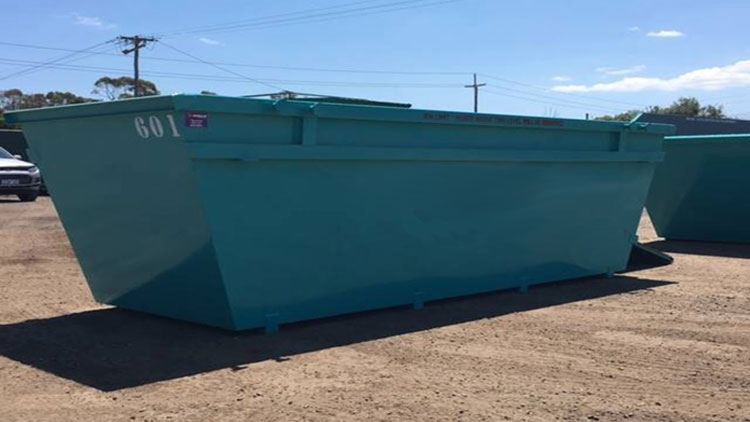Whatever the project you’re working on, whether that’s a commercial construction project or a residential clean out, for example, a long-overdue spring clean, you need to hire the right skip bin. The best way to make sure that you hire the right bin is to find a good service provider in your local area, a skip bin hire company with a good selection of skips for hire, but it’s always good to understand the basics about skip bin hire, including the following points that you don’t want to overlook.
Type of Waste – What Are You Disposing Of?
Most types of waste can go in the same type of skip, but there are often items that can’t be collected and others that incur an extra fee because they have to be disposed of in a certain way that incurs greater costs to the service provider. Some of the items that you can’t dispose of in a skip include:
- Chemicals, paints and oils
- Asbestos and harmful materials
- Gas bottles
Some of the items that may incur extra costs because they’re more expensive to dispose of include:
- Mattresses
- Tyres
- Oversized concrete
With the exception of mattresses, and perhaps paints stored in the garage, most residential customers aren’t affected by this consideration, however, it’s important to understand what can and can’t be disposed of in a skip if you’re planning to hire one from Perth skip bins specialists Recover Bins. Leading providers of skip bin hire like this will provide you with expert advice on the materials that can be disposed of in a skip.
Quantity of Waste – How Much are You Disposing Of?
As skip bins come in different sizes, it’s essential that you have a good idea of how much you’ll be throwing away so that you can hire the right skip bin for your needs. Skips come in sizes such as 2m3, 4m3, and 6m3, so you’ll need to estimate how much you’re throwing away in cubic metres to hire the right sized bin. It’s better to hire one that’s too big than one that’s too small.
Your Location – Where Will the Skip Bin Be Placed?
You not only need to consider council permits (you need a permit if the skip will be placed on the footpath or the road), but also how you’ll access the bin and how it will be delivered to your location. As you’ll have to carry the waste to the skip, it needs to be convenient, and don’t forget that you need to get all the waste in the skip before it’s collected as you’re hiring it by the day.
In conclusion, there are many things that you need to know about skip bin hire if you’re to hire the right skip bin for the project you’re working on, including the type and quantity of waste, your location and the time you need to fill the skip and have it collected. What’s more, a good service provider will make the experience even more simple and straightforward by providing you with the right advice.
